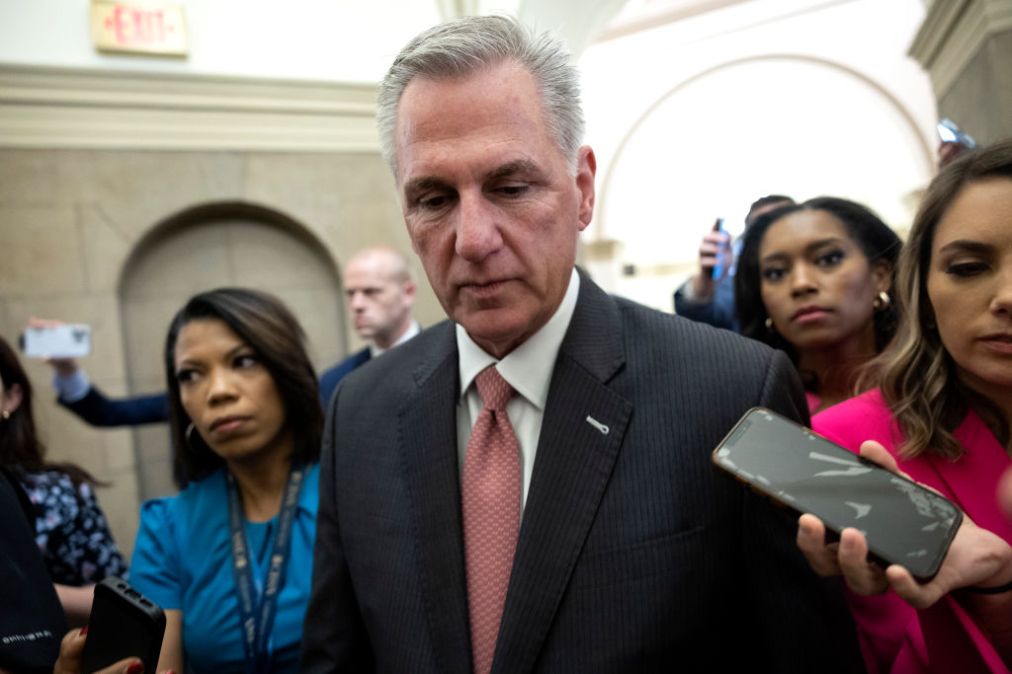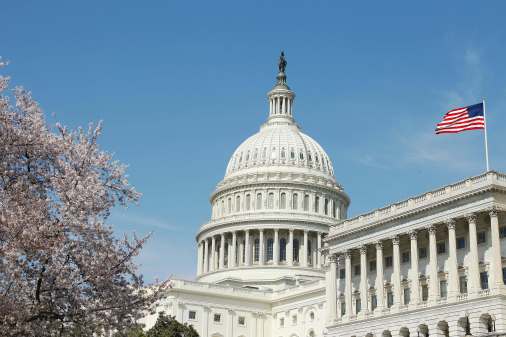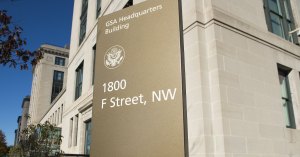Debt ceiling agreement seeks to claw back IT funds from GSA, CISA

An agreement reached by lawmakers over the weekend to suspend the United States’ debt ceiling would seek to rescind funds appropriated for IT at the General Services Administration, the Cybersecurity and Infrastructure Security Agency and the Department of Justice, if it passes into law.
Language included in the Fiscal Responsibility Act of 2023 would cut unobligated funds made available to the Federal Citizen Services Fund at the General Services Administration through the Coronavirus Aid, Relief, and Economic Security Act of 2020. It would also claw back unobligated funds appropriated for the Office of the Chief Information officer at the Department of Justice through the same emergency legislation.
In addition, the debt ceiling agreement would rescind any unobligated funds from the $650 million allocated to the Cybersecurity and Infrastructure Security Agency through the American Rescue Plan.
GSA in the CARES Act received $18.7 million for the Federal Citizens Services Fund, which provides funding to support technology projects that improve pubic access and engagement with the government. The FCSF also provides funding to the agency’s Technology Transformation Services division. The CARES Act also appropriated $2 million in funds for the Justice Information Sharing Technology initiative at the DOJ.
CISA through the American Rescue Plan, which became law in March 2021, received $650 million to boost cybersecurity measures across the federal government, including through the use of intrusion detection systems such as its EINSTEIN continuous monitoring program.
Precise figures for the amount of funds at each agency set to be rescinded were not immediately available.
Commenting on the cuts, former Senate Homeland Security and Government Affairs Committee Senior Adviser Matt Cornelius said: “These short-sighted decisions to GSA and CISA will almost surely have long-term impacts that degrade the ability of federal agencies to provide high-functioning digital services and protect taxpayer information.”
“Raising the debt ceiling while lowering the ability of agencies to deploy effective, secure digital services that taxpayers deserve is simply myopic and unhelpful,” Cornelius said.
President and Founding Principal of Hettinger Strategy Group Mike Hettinger, said: “The provisions rescinding unobligated funding from the CARES Act for GSA’s federal citizen services fund and from the American Rescue Plan for CISA are potentially impactful but without knowing how much of the funding remains unobligated, it’s difficult to assess the full impact.”
He added: “That said, from my perspective, given the challenges we currently face we can never spend too much money on cybersecurity, IT modernization and citizen experience and to the extent these rescissions represent cuts to these types critical initiatives, that is disappointing.”
Leaders on both sides of the aisle must now sell the debt ceiling agreement to their respective colleagues. Rules in the House of Representatives require that lawmakers have 72 hours to read the bill, meaning that Wednesday is the earliest a vote can be taken.
The House of Representatives Rules Committee is due to consider the 99-page bill at 3 p.m on Tuesday.
Editor’s note, 5/30/23: This story was updated to clarify that the proposed cuts would affect funds appropriated for agencies through the American Rescue Plan and the CARES Act.





